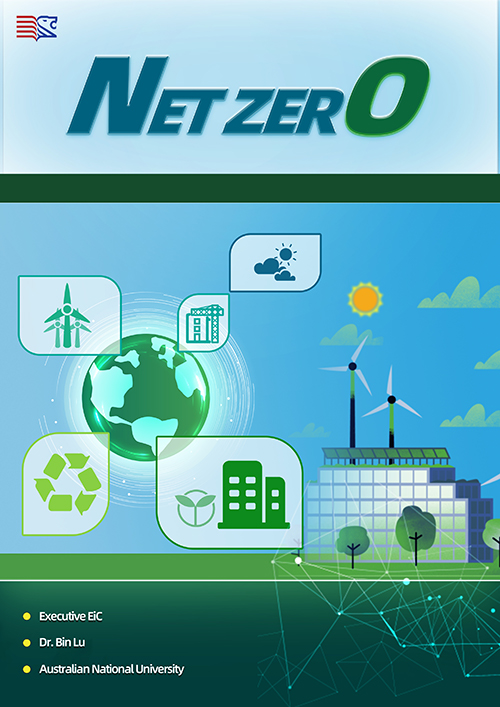E-ISSN: To be updated
Net Zero is an international, peer-reviewed academic journal, dedicated to advancing the understanding and implementation of net zero emissions strategies. The journal covers a broad range of interdisciplinary research areas including engineering, science, policy, economics, and social sciences, all contributing to the development of practical solutions for reducing carbon footprints and mitigating climate change. Launched in response to the global climate crisis, this journal aims to facilitate the exchange of knowledge, research, and best practices in achieving carbon neutrality and sustainable development. The paper types such as research articles, reviews, editorials, and communications are all acceptable, aiming to explore the multifaceted aspects of achieving net-zero emissions across sectors and scales.
Executive Editor-in-Chief

